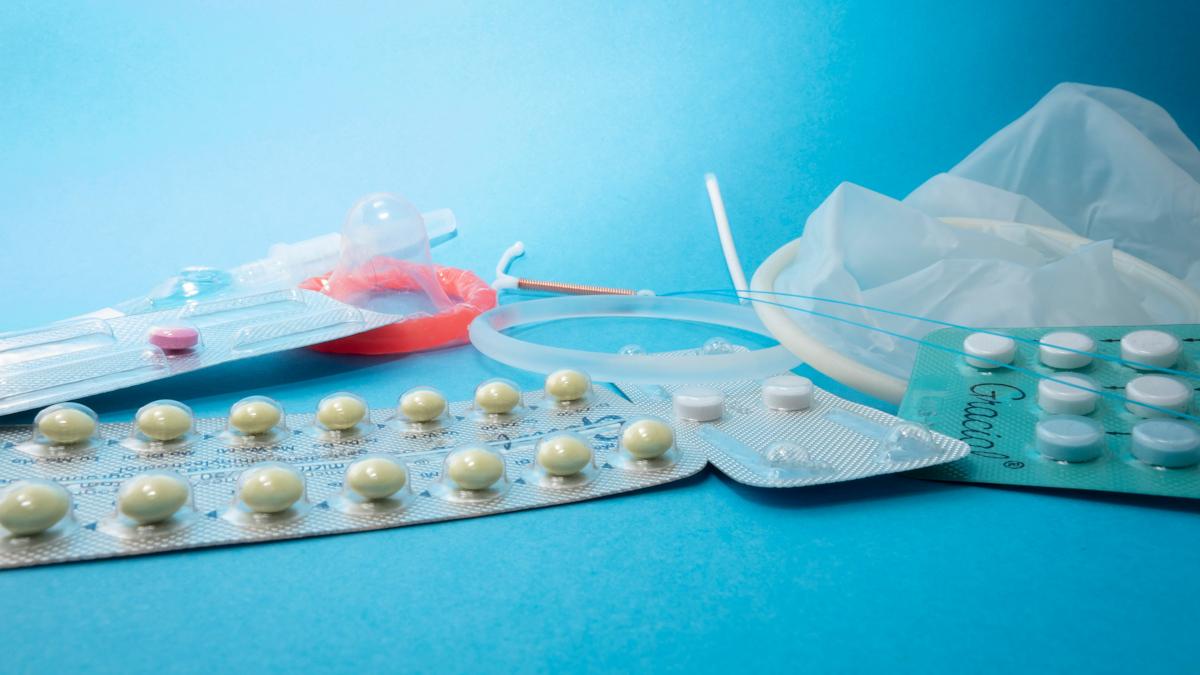MHRA advises contraception for women taking 'skinny jabs'

Women who are taking weight-loss injections have been warned by the UK medicines regulator that they should make sure they are using effective contraception, due to concerns the drugs could harm unborn children.
The Medicines and Healthcare products Regulatory Agency (MHRA) said that, while it is not known definitively that taking GLP-1 agonist medicines like Novo Nordisk's Wegovy (semaglutide) and Eli Lilly's Mounjaro (tirzepatide) can cause damage to foetuses in the womb, there is some evidence from animal studies pointing to a risk.
"These medicines must not be taken during pregnancy, while trying to get pregnant, or during breastfeeding," according to the agency, which also noted that the jabs – specifically Mounjaro – may make oral contraceptives less effective in women who are overweight.
Its recommendation for women taking Lilly's drug is to use non-oral contraceptive methods like an implant, coil, or condoms for four weeks after starting Mounjaro and after any dose increase.
The lack of information on the effects of GLP-1 agonists in pregnancy stems in part from the reality that clinical trials often specifically exclude people who are pregnant or breastfeeding, an under-representation that is addressed in newly published guidance from the EMA.
"There is hardly any available data from human studies to be able to advise if these weight loss drugs are safe in pregnancy," said Prof Rebecca Reynolds, a metabolic medicine expert at the University of Edinburgh.
"The data from animal studies suggests the potential for harm with low birthweight and skeletal abnormalities, though more evidence is needed to assess if there are risks of taking these drugs in humans," she added.
Meanwhile, the MHRA has also warned all people seeking treatment with the so-called "skinny jabs" to beware of counterfeit pre-filled pens that closely mimic the appearance of the licensed products and can be dangerous, advising anyone who suspects that they've had an adverse or suspects it is not a genuine product to report it to the agency.
The weight-loss injections are only available via the NHS to people with a very high BMI of 35 kg/m2 or more, but huge demand for the shots has led many people to try to source them from unregulated sources.
According to Dr Channa Jayasena, a specialist in reproductive medicine at Imperial College London (ICL), obesity reduces fertility in women, so women with obesity taking GLP-1 drugs are more likely to get pregnant than before they lost weight.
"The guidance produced by the MHRA is sensible, since it highlights that women could accidentally get pregnant when taking GLP-1 drugs," she said.
"We don't know how harmful GLP-1 drugs are during pregnancy; however, we know that other forms of weight loss, like weight-loss surgery, can increase chances of a miscarriage. So, women are advised to do all they can to prevent pregnancy while taking GLP-1 drugs."
Photo by Reproductive Health Supplies Coalition on Unsplash












